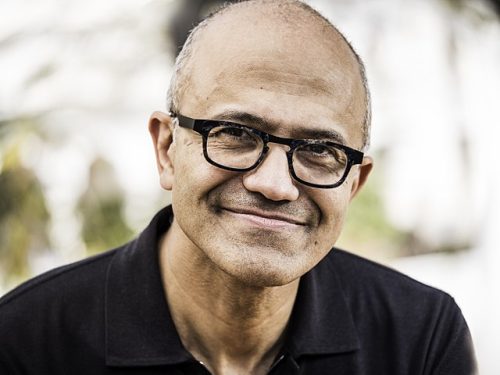In a pivotal testimony during the US government's 14-day antitrust trial against Google, Microsoft CEO Satya Nadella sounded the alarm on the potential ramifications of Google's unchallenged dominance in online search. Nadella warned of a "nightmare" scenario if Google's control extends to artificial intelligence.
Nadella emphasized that Google's prohibitive measures against alternative search engines hinder fair competition. Despite Microsoft's persistent efforts, Nadella revealed that Apple has remained steadfast in its preference for Google as the default search partner, a preference that costs Google roughly $15 billion annually. This enduring partnership has solidified Google's status as the go-to search engine for millions.
Moreover, Nadella shed light on the vast troves of search data amassed by Google through its default agreements, providing a significant advantage in training AI models. This, he asserted, places Google in a near-impregnable position in the field of generative AI, creating a substantial barrier for potential competitors.
While Microsoft's Bing search engine has invested $100 billion and remained profitable over the past two decades, it still holds only a modest market share. Nadella expressed a desire for Bing to capture at least 20% of both mobile and desktop search segments.
Nadella's concerns extend to the potential future landscape of AI, where massive language models vie for dominance based on their training data. He drew parallels to past distribution deals in search and noted that Google employs a combination of incentives and restrictions to maintain its default status, distinguishing it from competitors like Microsoft and Apple.
Furthermore, Nadella highlighted Google's pursuit of exclusive deals with content providers, granting them unparalleled access to AI training. This approach, he cautioned, could disrupt the availability of training data for other entities, potentially stifling innovation.
In a bold proposal, Nadella suggested positioning Bing as a "public utility" on Apple devices, emphasizing the need for diverse competition in the search market. He argued that this move would not only foster a healthier competitive environment but also safeguard against undue consolidation of power.
Nadella's testimony underscores the critical importance of fostering competition in the tech industry, particularly in the realm of search and artificial intelligence. It serves as a call to action for regulators and industry stakeholders to reevaluate the current dynamics and ensure a level playing field for innovation and progress.
























